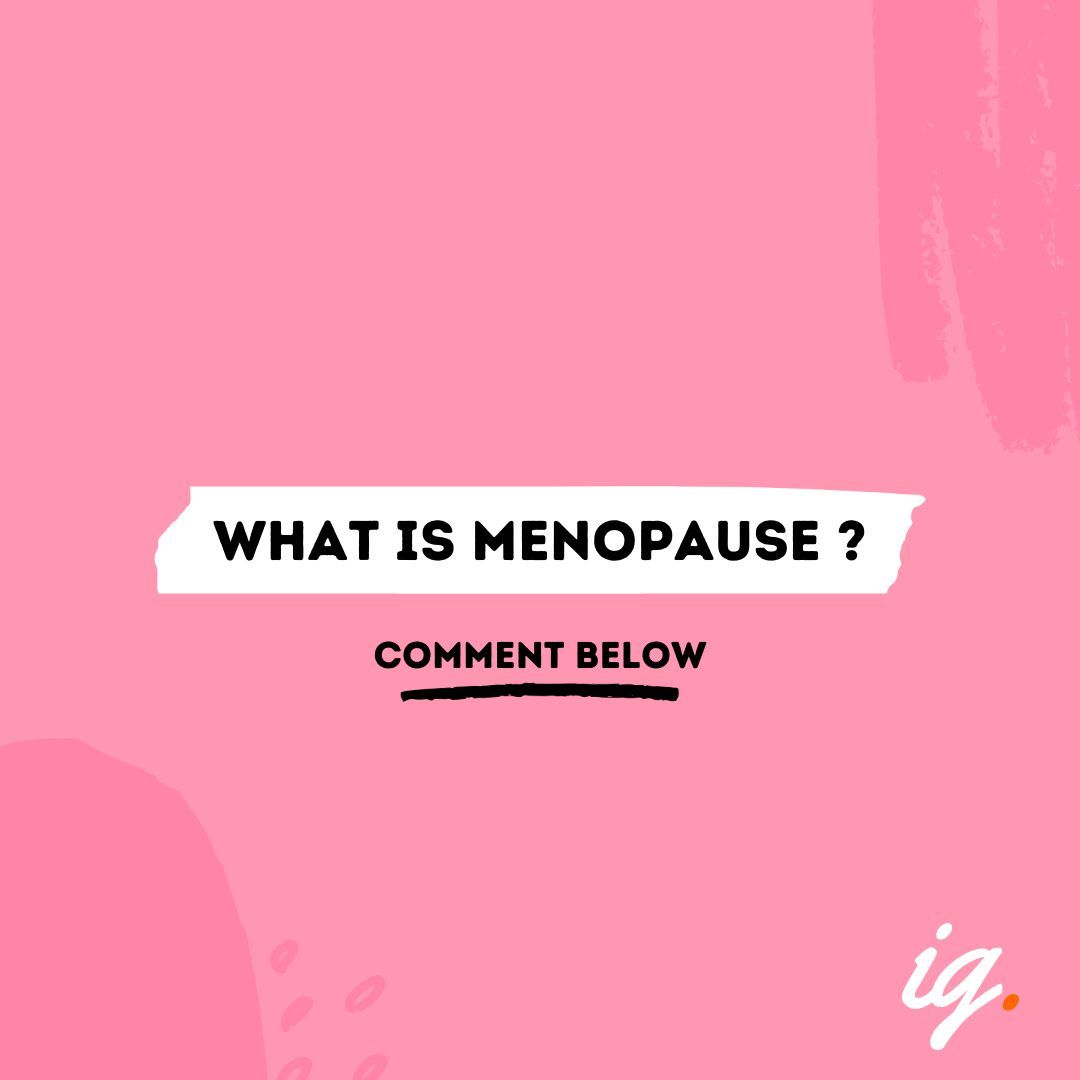Embracing Change: Understanding Menopause

Welcome, dear Xpectacular friend! Today, we're going to explore a topic that directly affects you: menopause. This natural transition is a unique journey that every woman experiences at a certain stage of her life. In this article, we'll break down menopause in simple terms, helping you understand what to expect during this transformative period. So, grab a cup of tea or coffee, make yourself comfortable, and let's explore menopause together.
What is Menopause?
Menopause is a natural biological process that marks the end of your reproductive years. It occurs when your ovaries gradually stop releasing eggs, and there's a significant decline in the production of reproductive hormones like estrogen and progesterone. As a result, your menstrual cycles cease, and you're no longer able to conceive naturally.
Understanding the Stages of Menopause:
Menopause unfolds in three main stages, each with its own unique characteristics:
- Perimenopause: Perimenopause, also known as the menopausal transition, usually begins several years before menopause itself. During this stage, your body starts producing fewer hormones, resulting in irregular menstrual cycles. You might experience symptoms like hot flashes, night sweats, mood swings, and changes in sleep patterns. It's important to note that even though you may still have periods, pregnancy is still possible during perimenopause.
- Menopause: Menopause is officially diagnosed when you have gone without a menstrual period for 12 consecutive months. At this point, your ovaries have stopped releasing eggs, and hormone levels have significantly decreased. Symptoms like hot flashes, vaginal dryness, mood changes, and sleep disturbances can continue during this stage, but they may become less intense over time.
- Postmenopause: Postmenopause refers to the years after menopause. During this stage, most of the symptoms experienced during perimenopause and menopause begin to subside. However, it's essential to focus on maintaining good overall health, as decreased estrogen levels can increase the risk of certain health conditions, such as osteoporosis and heart disease. Regular exercise, a healthy diet, and preventive healthcare become crucial during postmenopause.
Embracing Menopause:
While menopause brings about changes and challenges, it is also an opportunity for personal growth and self-care. Understanding that menopause is a natural part of life and not a disease is the first step toward embracing this transition. Here are a few tips to help you navigate through this phase:
- Educate Yourself: Take the time to learn about menopause, its symptoms, and its effects on your body. Knowledge empowers you to make informed decisions and seek appropriate support.
- Self-Care: Prioritize self-care by engaging in activities that promote your physical, emotional, and mental well-being. Regular exercise, a balanced diet, mindfulness practices, and social connections can contribute to a smoother menopausal journey.
- Seek Support: Reach out to your healthcare provider or a menopause specialist for guidance and support. They can help you manage symptoms and discuss available treatment options tailored to your needs.
- Share Your Experience: Connect with other women going through menopause, either through support groups or online communities. Sharing experiences and insights can provide comfort and reassurance that you're not alone.
Menopause is a natural and transformative phase in your life. By understanding its stages and recognizing its effects, you can navigate this journey with grace and confidence. Embrace the changes, prioritize self-care, seek support, and remember that menopause is a testament to your strength and resilience. You've got this!